Fraud Resources
If you believe you’ve been the victim of fraud, Bay Federal is here to help. We’ll do what we can to get you back on your feet, secure your accounts, and recover any funds that we can.
If you suspect that an unauthorized person is actively accessing your accounts, stop here and contact us immediately at 831.479.6000 or toll-free at 888.4BAYFED.
If this is after-hours, you may still call us to block your debit or credit card. For other types of fraud, please refer below to find out what steps can be taken.
Thank you for your attention to this important matter and for being a valued Bay Federal Credit Union member. Together, we can ensure a safe and secure banking environment for all our members.
Take Action
You should never share your online credentials. If you ever become concerned about the safety and security of your accounts or personal identification information, be sure to contact our Member Service Center immediately at 831.479.6000 or toll-free at 888.4BAYFED.
Member Service Center Hours:
Monday, Tuesday, & Thursday 8 AM – 5 PM
Wednesday 10 AM – 5 PM
Friday from 8 AM – 6 PM
Saturday from 9 AM – 3 PM
If you believe your online accounts have been compromised or accessed by someone other than you and we’re not available to take your call, please follow steps 1, 2, and 3 below. Make sure to contact us as soon as possible during business hours so we can help review and secure your account.
- Change your username and password
- Review pending and posted account activity
- Contact Bay Federal during business hours
Did you reply?
- Yes - Change your online banking password, and contact us at 831.479.6000 or toll-free at 888.4BAYFED.
- No - Forward information to fraud@bayfed.com.
Different types of transactions require different dispute processes:
Debit / Credit Card
- Log into BayFedOnline and select Transaction Dispute from Additional Services.
- Answer the questions to the best of your ability. Your response will determine the next steps.
ACH (External Withdrawal)
- Log into your BayFedOnline account and select Secure Forms > Transaction Disputes > Unauthorized ACH Account Debit.
- You will be redirected to a secure form. Please fill out the form and submit.
Wire
- Contact our Member Service Center at 831.479.6000 or toll-free at 888.4BAYFED.
Bill Pay
- Log into BayFedOnline and select Transaction Dispute from Additional Services.
- Answer the questions to the best of your ability. Your response will determine the next steps.
Did you take action?
- Yes - Contact us at 831.479.6000 or toll-free at 888.4BAYFED.
- No - Forward information to fraud@bayfed.com.
If you followed any directions given to you by someone claiming to be from Bay Fed, please get in touch with us immediately at 831.479.6000 or toll-free at 888.4BAYFED. If it’s currently outside of business hours, please change your online banking username and password and do not engage with the impersonator any further.
Contact our Member Service Center:
- Contact Member Service Center at 831.479.6000 or toll-free at 888.4BAYFED to place a stop payment on the series of lost/stolen checks.
- Complete an affidavit of forgery. The affidavit can be emailed or mailed to you. You can also visit a branch to complete an affidavit.
- You will need a notary. Once the document is notarized it can only be mailed to us.
For multiple checks you can also stop payment in online banking:
- Log into BayFedOnline and select Additional Services > Check Stop Payment.
- There is a fee of $29 (per item).
Contact our Member Service Center at 831.479.6000 or toll-free at 888.4BAYFED.
Visit the National Elder Fraud Hotline for additional support.
- Contact our Member Service Center at 831.479.6000 or toll-free at 888.4BAYFED to review recent activity on your accounts.
- Report identity theft and get a recovery plan at identitytheft.gov.
- You can file a complaint at www.ftc.gov, and then visit the FTC’s Identity Theft web site to learn how you can minimize risk of damage from ID theft.
- Get a free copy of your credit report by visiting annualcreditreport.com.
- Freeze your credit by contacting credit bureaus:
- Equifax: Call 800.349.9960 or go online. Here’s a detailed walk-through on getting an Equifax credit freeze
- Experian: Call 888.397.3742 or go online. Here’s a detailed walk-through on getting an Experian credit freeze.
- TransUnion: Call 888.909.8872 or go online. Here’s a detailed walk-through on getting an TransUnion credit freeze.
- File a police report for suspected identity theft by contacting your local police department.
Fraud Prevention
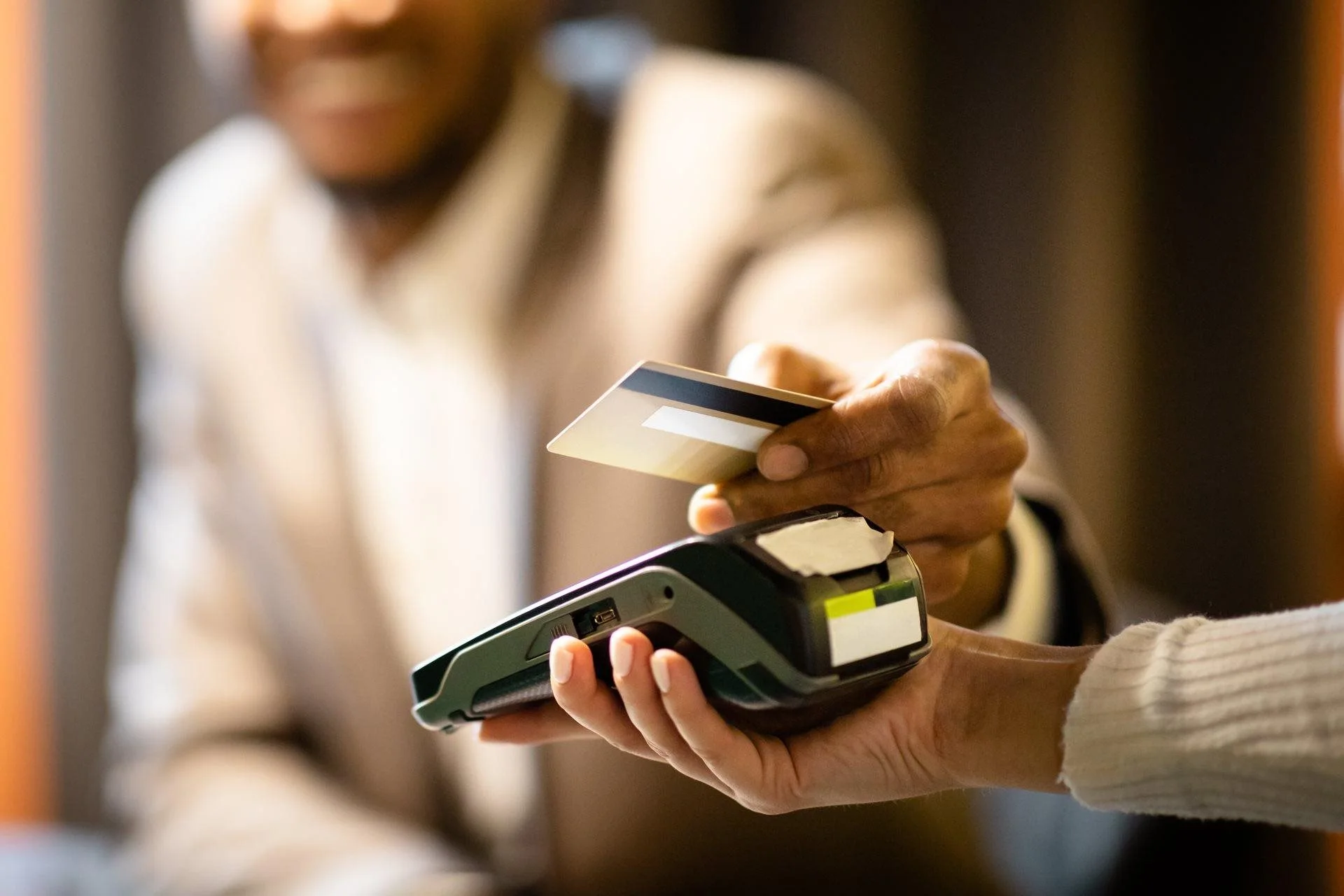
Fraud Prevention
Bay Federal Credit Union wants to encourage all members to follow safe online practices.
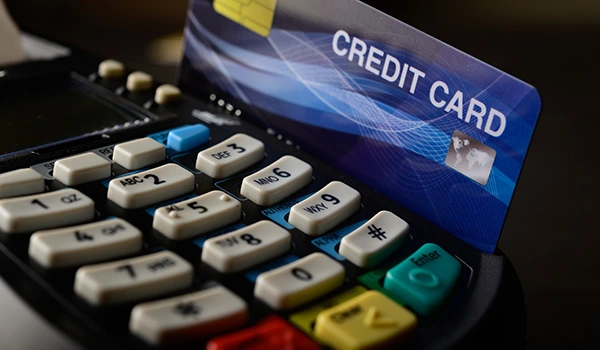
Card Skimming
Card skimming — where fraudsters use hidden electronics and surveillance technology to collect your card’s information — is difficult to detect, because skimming devices often look like the real thing.
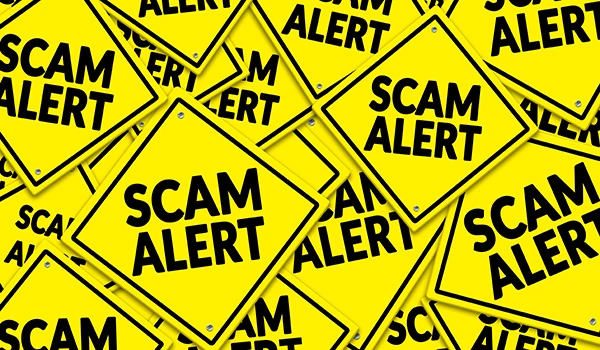
Fraudulent Offers
Some scam artists advertise “free grants” in the classifieds, inviting readers to call a toll-free number for more information. Others may call you out of the blue, claiming legitimacy using an official-sounding name like the “Federal Grants Administration.”
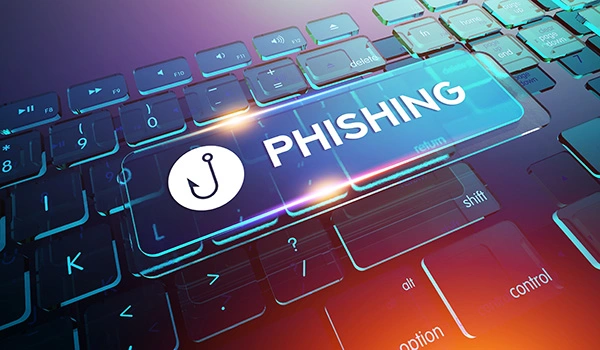
Phishing
Internet scammers casting about for people’s financial information have a new way to lure unsuspecting victims: they go “phishing.”
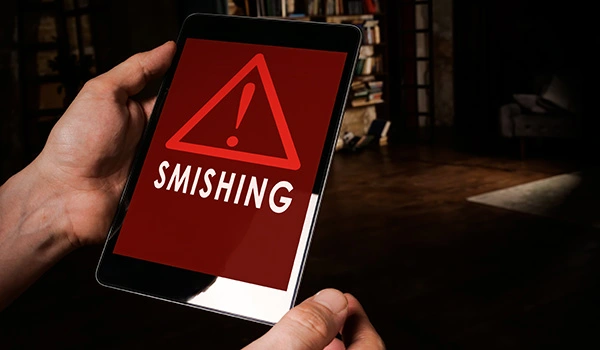
Smishing
"Smishing," which is phishing using SMS messaging, sends a text message to your cell phone urging you to go to a spoofed website where you are prompted to provide your account information such as PINs or passwords.
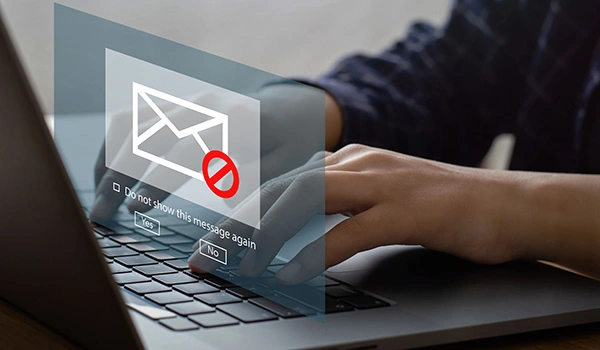
Vishing
In a new twist, identity thieves are sending spam that warns victims that their credit union, bank account, or PayPal accounts were supposedly compromised. However, unlike typical phishing emails, there is no website address in these phishing messages.
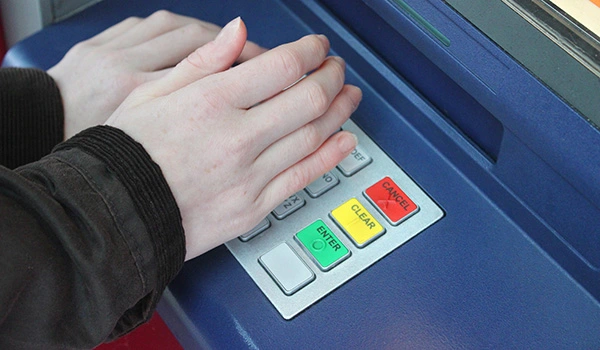
ATM Tips
Bay Federal has seen an increase in fraudulent international transactions on ATM and Visa Debit cards. The majority of the fraud being reported has been linked to skimming devices on ATMs in South America and Mexico.

Elder Abuse
Financial abuse is the theft or embezzlement of money or any other property. It can be as simple as taking money from a wallet and as complex as manipulating a victim into turning over property to an abuser.
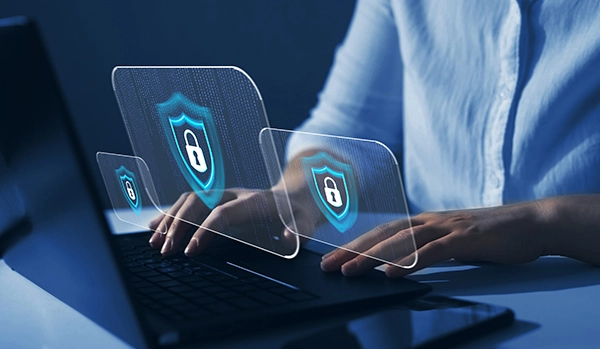
Website Fraud
Recently, we've observed a notable increase in the number of fraudulent websites aiming to deceive people across the financial industry. This includes sites that falsely claim affiliation with Bay Federal Credit Union, explicitly targeting our community with the intent to steal personal information.